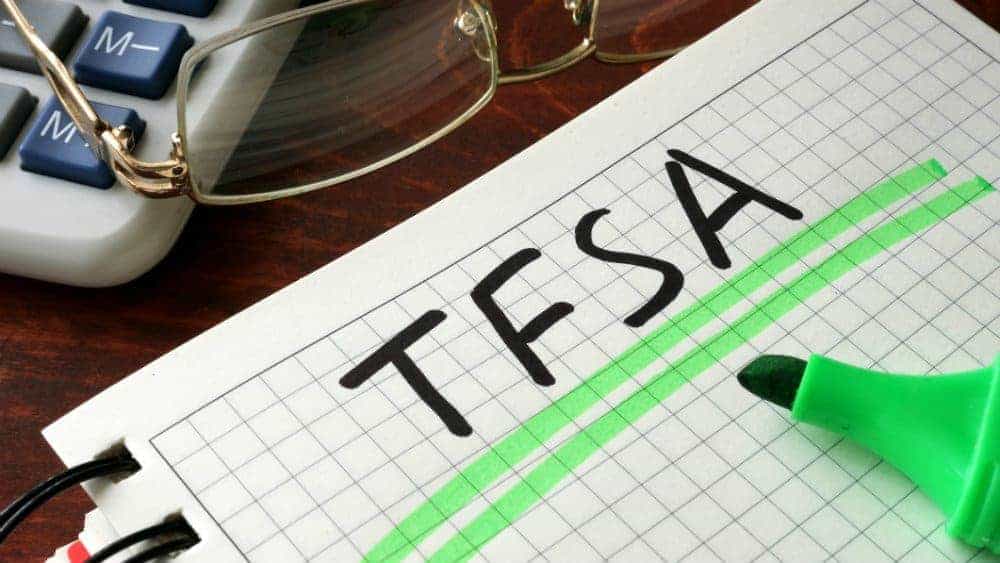If you’re like most Canadian investors, you hold part of your assets in a Tax-Free Savings Account (TFSA) to protect them from taxation. Offering total protection from capital gains and dividend taxes–even on withdrawal–the TFSA is the most flexible tax-free account in Canada.
Unfortunately, there actually are several circumstances where you can have your TFSA taxed, as some investors are learning the hard way. In fact, there are ways to get hit with TFSA taxes so steep they dwarf what you’d pay in an ordinary brokerage account.
While the costliest TFSA taxes are easy to avoid, the more common ones are easy to get hit with. To help you avoid paying any of them, here’s a list of the three most common “sneaky” ways the CRA can tax your TFSA.
Overcontribution
Overcontributing is by far the easiest way to have your TFSA taxed. If you contribute past your limit, you’ll be hit with a 1% monthly tax on the excess funds, which can add up to quite a bit over the course of a year.
As of 2020, the absolute maximum you can contribute to a TFSA is $69,500. If you were younger than 18 in 2009, your limit will be less than that. Exceed your limit and you can expect to be taxed.
Esoteric investments
Esoteric investments are a less common way to get your TFSA taxed. You need to hold non-approved investments in order to trigger this one. As this mostly consists of companies you don’t deal with at arm’s length, it’s a hard trap to fall into. However, if you do fall into it, the tax is steep: a full 50% of the market value of the non-approved asset.
Day trading
Day trading is one common way to get your TFSA taxed. If you’re working long days trading in a TFSA, the Canada Revenue Agency may decide you’re running a business and tax you accordingly. If that happens, not only do you lose the TFSA tax benefits, but you can’t even claim dividend tax credits or the 50% exemption on capital gains. Talk about a doozy.
Fortunately, there’s an easy way to avoid getting taxed for day trading in your TFSA:
Buy ETFs like the iShares S&P/TSX 60 Index Fund (TSX:XIU) and simply hold them forever.
Now, if you’re an aspiring day trader, you’ll probably balk at that suggestion. You get into day trading to quickly gain huge returns, not average returns. With XIU barely up over five years, it’s not likely to whet a day trader’s appetite. However, studies show that most traders can’t beat the market over the long term.
So, unless you’re some kind of genius, day trading is a bad idea to begin with. Throw taxes on top of that and the whole thing is a losing proposition.
On the other hand, if you buy an ETF like XIU, you can enjoy guaranteed market average returns without having to worry about being taxed.
Right now, XIU yields 3.3%, one of the highest yields it has ever had. If you hold $50,000 worth of XIU in a TFSA, you can earn $1,650 in extra income a year tax-free. That’s a pretty decent income supplement, and as long as you don’t contribute too much to your TFSA, you can rest assured it won’t be taxed. It’s simply a great way to get decent returns and avoid surprise CRA taxes.









